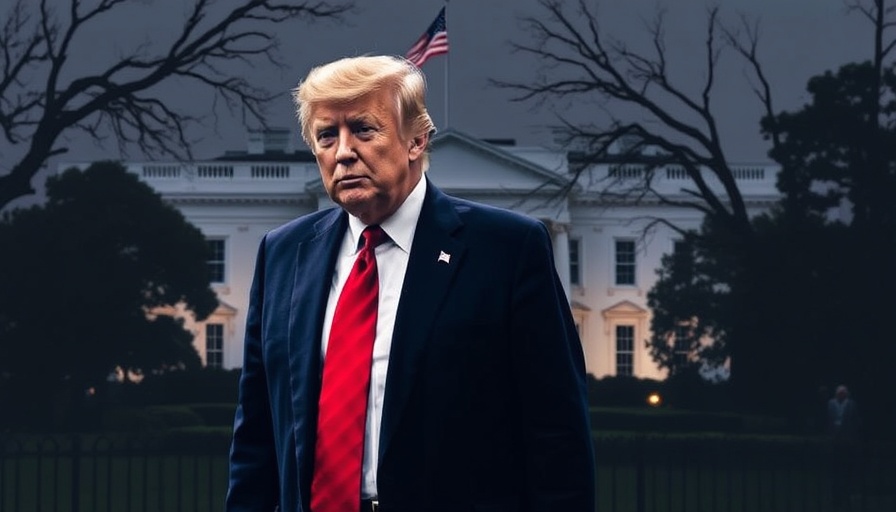
The Complicated Path to GSE Privatization
President Donald Trump's recent declaration on social media regarding the potential privatization of Fannie Mae and Freddie Mac has stirred significant excitement among investors. Stock prices for both government-sponsored enterprises (GSEs) experienced remarkable surges of 50% and 42% respectively following his announcement. However, the pathway to removing these entities from conservatorship, a status they have held for over 16 years, is littered with obstacles that could have substantial implications for the housing market and borrowers.
Understanding the Conservatorship Challenge
The conservatorship began in 2008, as both companies required federal support during the financial crisis. The significant dividends paid to the Treasury since then amount to $310 billion, but the GSEs also received $193 billion in bailout funds. There are pressing questions about the government's role moving forward and whether its debts will be forgiven, a notion championed by influential investors such as Bill Ackman.
Keefe, Bruyette & Woods (KBW) analysts caution that serious hurdles to privatization persist. One pivotal issue involves recalibrating capital standards to sustain healthy returns on equity (ROE) for the GSEs. Currently, these returns sit around 8% to 9%, while analysts suggest the need for a targeted range of double-digit returns to ensure sustainable growth and profitability.
The Role of Government Guarantees
While discussions about privatization are underway, the vital role of government guarantees in the mortgage-backed securities (MBS) market cannot be understated. The perception of a government backstop helps maintain confidence among investors and borrowers alike, as the GSEs continue to function under a framework that heavily involves federal oversight. The Mortgage Bankers Association (MBA) is advocating for a formal government guarantee to end the conservatorship, emphasizing the necessity of a thoughtful transition that mitigates disruption in the housing market.
Implications for Borrowers and Homebuyers
If privatization is not executed with caution, increased costs for borrowers are a distinct possibility. Analysts predict that guarantee fees might require an increase of 20 to 25 basis points if current capital levels aren’t adjusted to meet new policy directions. As consumers, especially first-time homebuyers, watch these developments closely, understanding the relationship between government actions and real estate financing will be critical. A well-communicated plan could ease concerns and stabilize the market as the U.S. navigates these complex economic waters.
Looking Ahead: What Does This Mean For You?
For investors and potential home buyers, the implications of these developments extend beyond mere stock prices. As the GSEs move toward privatization, individuals in the real estate market might need to remain vigilant about potential shifts in interest rates, guarantee fees, and home prices. How the Trump administration and the Treasury handle these transitions could determine the future landscape of real estate financing and the costs associated with homeownership.
In conclusion, while the enthusiasm surrounding Trump’s announcement can’t be downplayed, the reality of GSE privatization is fraught with complexity and necessary caution. Keeping abreast of developments in this matter is crucial for stakeholders in the housing market.
 Add Row
Add Row  Add
Add 




 Add Row
Add Row  Add
Add 

Write A Comment